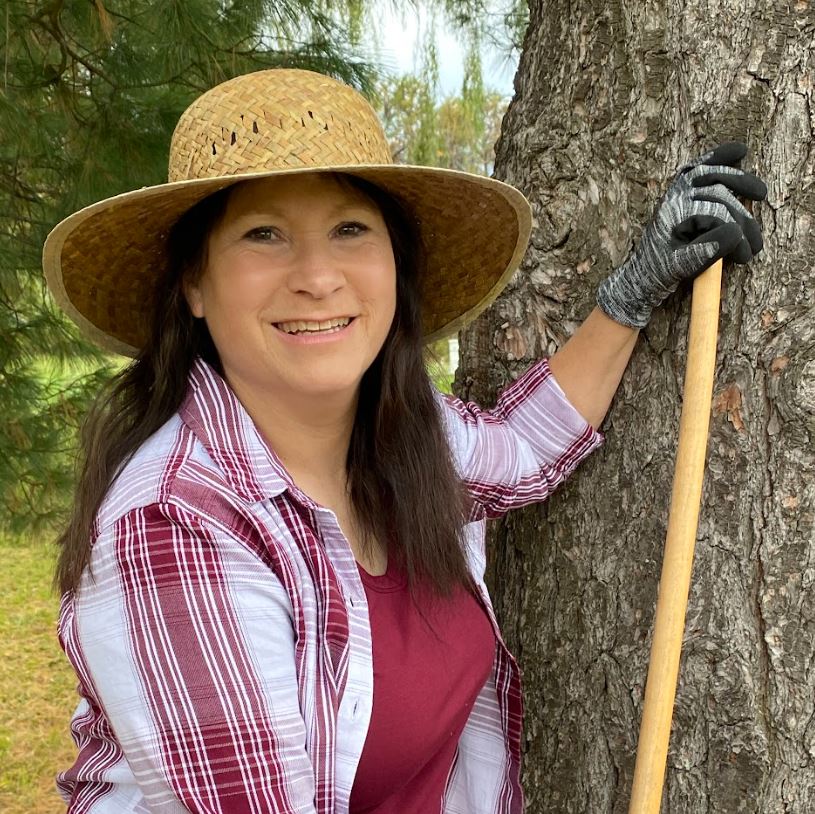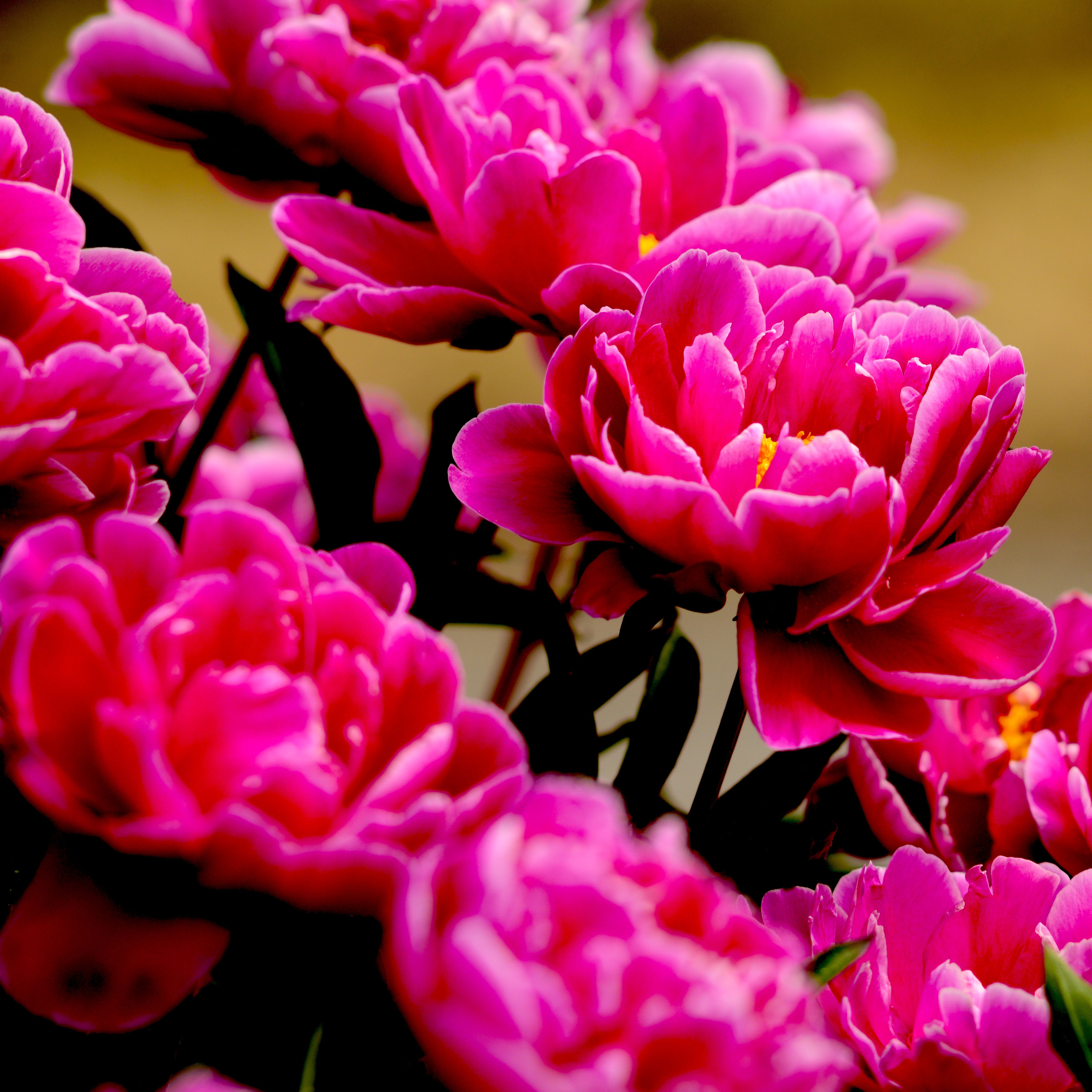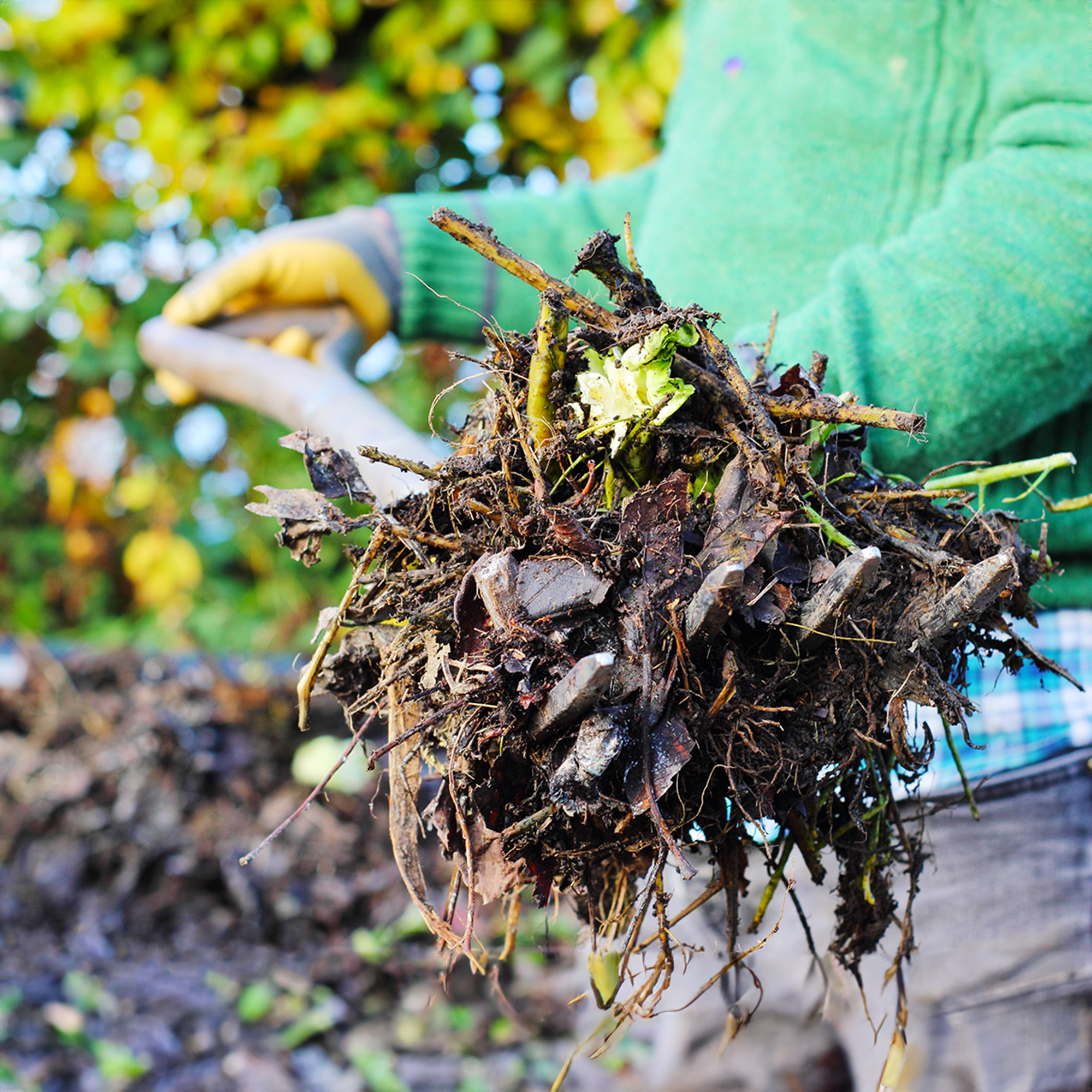Taming Wild Black Raspberries

I'm not much for the heat that comes with summer, but the wild black raspberries that grow on our property make midsummer a season I highly anticipate each year. The sweet, rich flavor of this delectable bramble fruit is paralleled only by the ease at which the black raspberry plants grow. But don't let the word "wild" strike the wrong impression. I give my black raspberry bushes the same love and attention as my other, more cultivated plants.
Taming Wild Black Raspberries
When we first bought our property, I was delighted to find a scattering of black raspberry bushes along the woodline at the back of our yard. As a native plant of North America, black raspberries (Rubus occidentalis) grow wild in many parts of the continental US. The juicy fruit provides food for birds, while the prickly bramble shelters ground-dwelling wildlife.
Needless to say, in order to get to the juicy fruit, one must either have wings or contend with the prickly bramble. This made picking my wild black raspberries not so delightful. The solution was to tame the wild bramble to induce the plants to produce more fruit and make harvesting the berries a bit less thorny.
My first step was to clear out the competition by removing other bush-type plants along the woodline. The worst offenders were the huge multiflora roses. These not only shaded out the smaller, more delicate black raspberry plants, but also snagged me when I tried to harvest berries. Armed with heavy-duty gloves and long-handled bypass loppers, my husband and I cut back the multiflora invaders until we could reach and dig out their roots.
Next, we simply let nature take its course. With taller competing plants out of the way, the wild black raspberries spread throughout the tree line. Propagated from both runners and seeds, new berry plants popped up wherever the dappled light was sufficient for their needs.
Additionally, the ground underneath the treeline was rich from years of fallen leaves and decaying plants. These had composted into a nutritious substrate, making it unnecessary to add my own homemade compost or chemical fertilizer. With adequate light and plenty of nutrients, the new black raspberry plants grew quickly.
Black Raspberry Plant Care
Beyond the occasional chore of keeping competing plants in check, black raspberry plant care is quite simple. As a native plant, black raspberries are fairly disease and pest resistant. (However, wild berries can harbor viruses and should be kept away from cultivated varieties.) And most years, mother nature provides adequate rainfall to produce the large, juicy berries that I love.
Gardening tips, videos, info and more delivered right to your inbox!
Sign up for the Gardening Know How newsletter today and receive a free copy of our e-book "How to Grow Delicious Tomatoes".
Plus, the deer graze the young tender growth tips. This encouraged the plant to send out more fruit-bearing side branches. Motivated by the need to eat, I honestly think the deer do a much better job at pruning the wild bramble than I could have.
In retrospect, I'd have to say that compared to other types of fruit I've grown, my wild black raspberry bushes have proven to be the most resilient and easiest to cultivate. I've come to realize that by growing native fruit, I'm working in harmony with nature. And that's not only good for the environment, but wild black raspberries make those hot days of summer worthy of anticipation.

Laura Miller has been gardening all her life. Holding a degree in Biology, Nutrition, and Agriculture, Laura's area of expertise is vegetables, herbs, and all things edible. She lives in Ohio.
-
 Grow ‘Karl Rosenfield’ Peony Plants For The Ultimate Frilly Border Beauties And Cut Flowers
Grow ‘Karl Rosenfield’ Peony Plants For The Ultimate Frilly Border Beauties And Cut FlowersFor frilly double magenta peony petals infused with a heady fragrance, grow ‘Karl Rosenfield’ peony plants. Here’s how to cultivate the ultimate plushy blooms
By Tonya Barnett
-
 10 Common Composting Problems That Can Spoil Your Garden Gold – Plus Easy Fixes
10 Common Composting Problems That Can Spoil Your Garden Gold – Plus Easy FixesLearn how to troubleshoot common composting issues before they ruin your stash – from bad smells and bugs to materials not breaking down as they should.
By Susan Albert